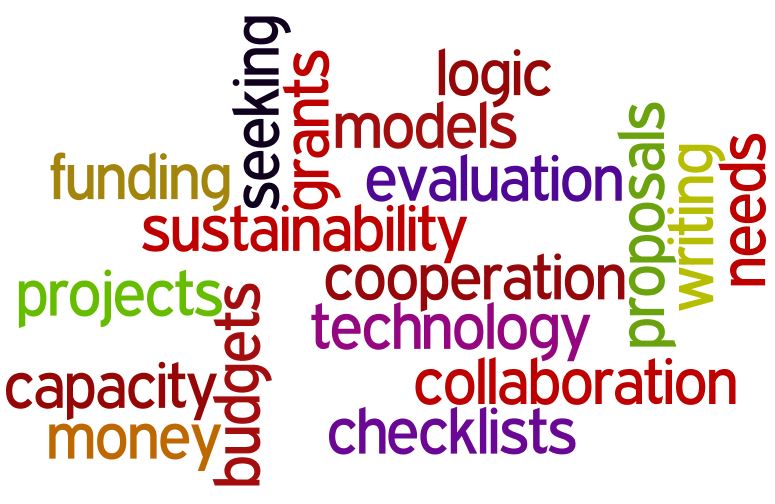Writing 410: Grant Writing
Employers value oral, written, and digital communication skills in prospective hires, and writing grant applications and proposals draws on such skills. A 2006 study found the following skills to be “very important” for graduates:
| Skill | Percentage of employers who think the skill is “very important.” |
|---|---|
| Oral Communication | 95.6 |
| Teamwork and Collaboration | 94.4 |
| Professionalism and Work Ethic | 93.8 |
| Written Communication | 93.1 |
Reproduced from Mike Markel, Practical Strategies for Technical Communication, pp. 5
WRIT 410 will address various issues involved in writing proposals and grant applications. By engaging with writing grant applications in a non-profit organization, consulting proposals, various business proposals, research grant applications, or developing small business grant applications or loans… this course will strengthen the effective writing of such projects.
Projects & Deliverables
Students in WRIT 410 will engage with grant requests and proposal writing using a variety of platforms and methods. Some projects for the course may include policy reviews and proposals, writing letters of intent or letters of inquiry, designing a logic model, completing a grant application, and analyzing the rhetorical decisions embedded in such projects.
Grant writers often attempt to persuade a group of people to provide funding to do “good work” in your community. (We define good work and community broadly–for researchers, this may mean exploring a possible research question.) Doing this well requires that writing rhetorically: addressing the audience’s needs, creating persuasive appeals, developing and framing a problem and solution, designing a readable, often digital, document, etc.
This course has the following learning outcomes:
1. To help students learn to find, research, write, and win a grant or proposal. This includes being able to
• find, analyze, and understand multiple types of grants or proposal;
• research and gather information on funders, programs, and clients; and
• write at least one complete grant or proposal that is ready to be mailed out.
2. Write a well-written grant or proposal. This includes being able to
• rhetorically analyze and develop each section of grants or proposal;
• create and construct a persuasive argument;
• write and revise sections of your grant or proposal;
• write correctly on a sentence level; and
• proofread and copy edit the grant or proposal
In addition, students will learn about the resources available to them within the philanthropic world, as well as the grant writing community in and around The University of Mississippi.
